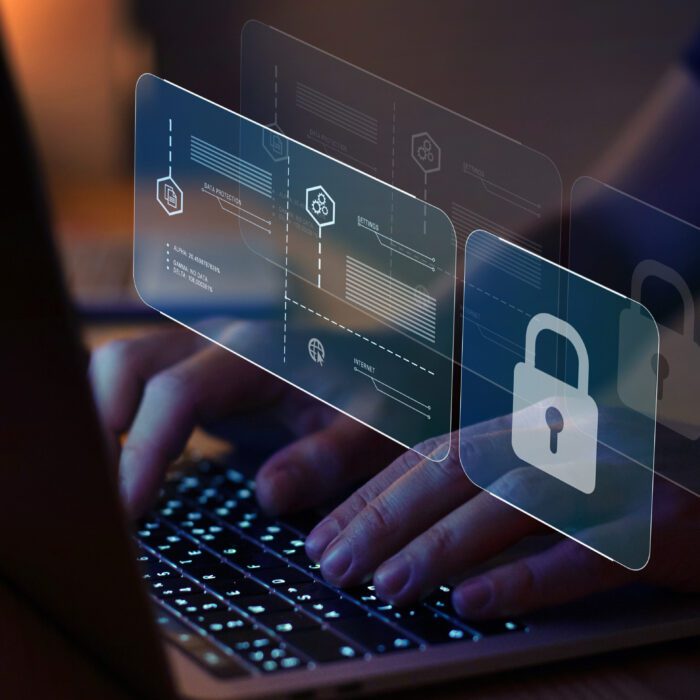The Cybersecurity program’s curriculum was developed by the International Council of E-commerce Consultants (EC-Council):
Known as the world’s largest technical cybersecurity certification body
Creators of globally recognized Certified Ethical Hacker (CEH) standards
Produces career-focused, tactical, and accredited cybersecurity certifications


